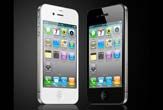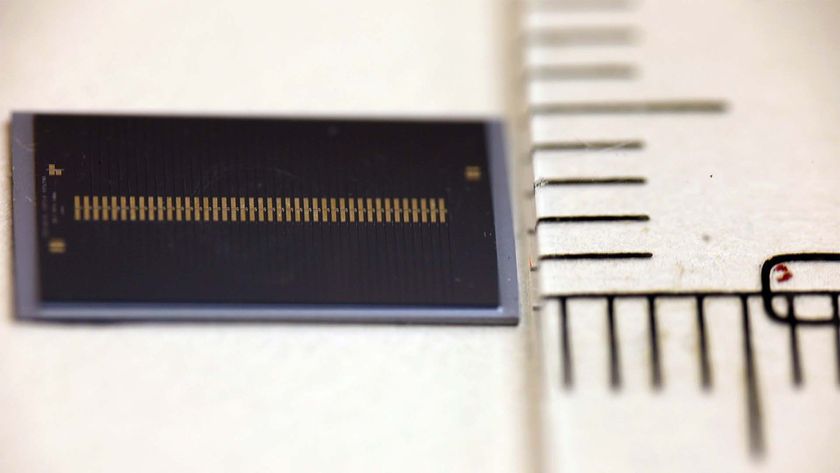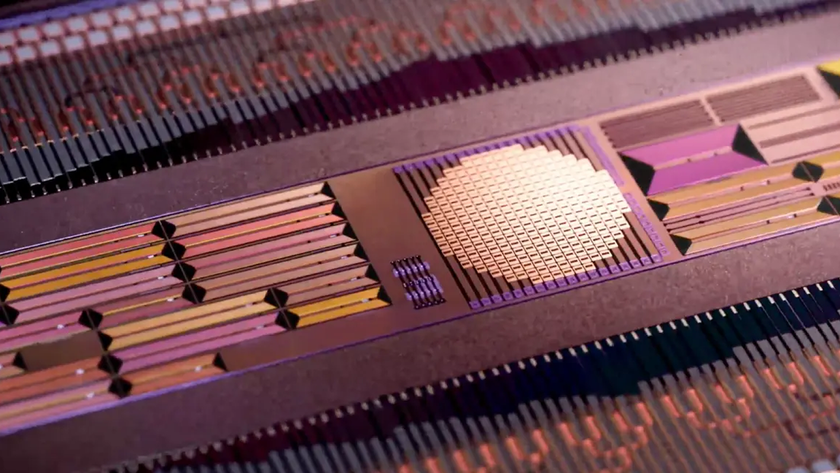
Given the enormous amount of media coverage about the iPhone 4 "death grip" and reception issues, it may seem that Apple's decision to give away free cases was too easy, possibly even flippant reaction to allegations that the iPhone 4 was flawed. But boy did it save Apple a pile of money.
Friday, Apple CEO Steve Jobs acknowledged the problem before playing it down as a common weak-point for all phones. But Jobs said Apple wants to make sure customers are still happy, so Apple will offer free cases to all iPhone 4 buyers through Sept. 4 and refund those who bought the iPhone 4 Bumper case.
So was Apple's move the right one to make?
According to Michael Morgan, mobile devices analyst for ABI Research, it probably was.
"I think this is [Jobs] making good," Morgan said in an interview with TechNewsDaily. "I think this is the quickest road to resolution available for Apple."
And yet, many consumers are complaining that Apple should have responded sooner. It has been 3 weeks since the iPhone 4 went on sale, and the reception issues from touching certain parts of the phone have been well documented. But as Morgan pointed out, Apple's response was relatively quick on a corporate scale.
"It's a big corporation," he said. "You have to take time to make sure the problem is real, and if it is real that you need to have a legitimate fix. I'd say Jobs reaction time, all things considered, was quite good. Sure they could redesign the whole thing, but then we wouldn't see the results for months."
Sign up for the Live Science daily newsletter now
Get the world’s most fascinating discoveries delivered straight to your inbox.
Jobs made a similar statement during his address to the press today, saying that Apple had been hard at work ever since the allegations started, trying to confirm if the problem was real.
In the Q&A session following Jobs' address, the topic of a product recall came up. Jobs said the company worked hard to see if there was a "way to figure this out" without doing so. For good reason, too. Many analysts predicted a product recall of the iPhone 4, which has already sold well over 3 million units, would cost Apple over $1 billion. Another analyst, Toni Sacconaghi at Bernstein Research, put the cost of a recall at $1.5 billion.
Morgan pointed out that the free case solution isn't just the quickest solution, it's also financially sound for Apple.
Morgan's rough estimate indicates that buying free cases for every iPhone user would cost somewhere around $12-15 million for Apple. Even if that's a low estimate, Morgan points out, it's still significantly easier for the company to swallow than a $1 billion recall.
"In the end they got out of this pretty cheap," Morgan said.
It was also an important acknowledgment that the company isn't just ignoring customers. After Apple proposed a software patch to fix the problem, it caused even more outrage because it was clear the phone needed more than an improved way to measure reception.
"The software patch isn't actually changing the level of reception," Morgan said. "It's a perception issue. But this [free case solution] will help, absolutely. I believe many people will respond positively to it. It will bring the iPhone back to acceptable performance, even for folks in weak signal areas."
So while the solution may seem a little too simple and slap-dash, free iPhone cases may just be the best solution for Apple and customers alike. At least for the present. And more importantly for Apple, it will likely stop the damaged caused by all the bad press.
Although, this is Apple we're talking about here.
"If this problem didn't hurt iPhone sales," Morgan chuckled, "I don't think anything is going to affect iPhone sales."
- 11 iPhone 4 Features You Need to Know About
- Apple Acknowledges iPhone 4 Antenna Problems, Gives Free Bumper Cover
- 11 iPhone 4 Features You Need to Know About
This article was provided by TechNewsDaily, a sister site to LiveScience.












